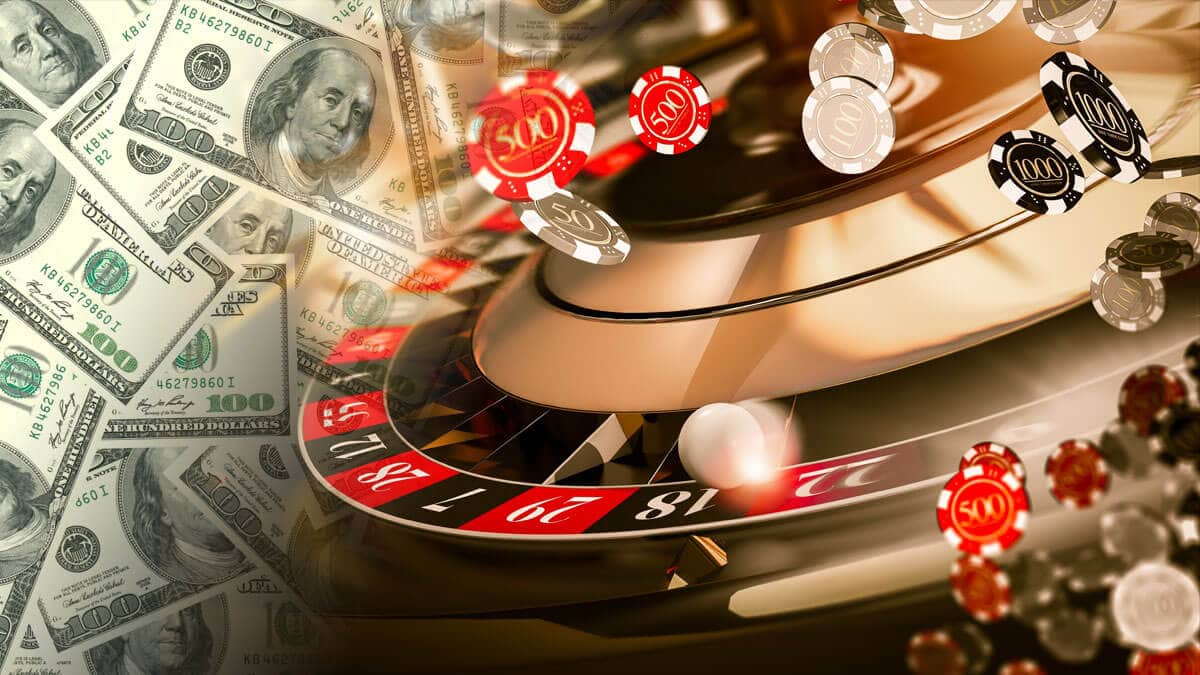Why are casinos consistently profitable according to the mathematics of deception?
Many people would not mind winning the jackpot, whether a physical establishment or a European online casino. But not everyone dares to take a chance and try their luck. Rightfully so. Because of the low probability of winning and the casino’s design, which ensures that it consistently wins, you would have to play more than once to lose. Many might conclude that the gambling establishment’s management deceives its patrons. That is not the situation. Today, we’ll explain why institutions typically prosper rather than individuals.
Fraud or a pattern?
Of course, certain dishonest workers at casinos or even the administration, motivated by the quick receipt of super-profits, may engage in direct fraud by utilizing one or more illegal methods. Due to the intense competition in the gambling industry, most casinos are still reluctant to be observed cheating. Since casinos never lose, rare wins by unlucky people only serve to pique the attention of those who contribute money for the establishment and its owners’ welfare.
And all of this is because the theory of probability is a branch of mathematics that forms the basis for many gambling games and other forms of entertainment that casinos utilize to generate revenue. Most gambling is based on Markov chains, the limit theorem, and the law of large numbers. The most excellent method to win at the casino is not to go to him, according to those who at least have a passing familiarity with the items on the above list.
The central fact is that casinos allow people to win quite a bit of money simply because the company was already getting much more from the players then. Let’s dissect three of the most common cases to gain a better understanding.
Roulette
There are 37 segments on the roulette wheel, numbered from 1 to 36. The cell that ensures the casino’s earnings is located in a “zero” section. The roulette wheel in American roulette comprises 38 units, each with two “zero” cells. Bets on individual numbers, groupings of numbers, or “even odds” (even-red, even-odd, etc.) are made by roulette players. The degree of difficulty in guessing determines the amount of profit. To win the most money, try to guess the number where the ball will land. The player receives substantially less money when thinking about the color or odd/even number.
Dice
Simple but prevalent casino games. Most of the time, the laws are as clear as fire. The player throws a pair of dice. The player wins if the total of the points on them is 7 or 11. He loses if the total points are 2, 3, or 12. Any other arrangement of values is equivalent to rolling the dice to determine a winning or losing combination. All other participants in this event are just standing there betting on the matters being thrown and trying to guess.
It appears that everything is fair and trivial. And fair play! Just that the game itself is not the purpose, but rather the odds that the casino sets for winning. And precisely how the wagers correspond to the probabilistic values. 30 to 1 is the dice wager. As a result, it is artificially discounted given that the likelihood of combinations including 6+6 or 1+1 is one in 36. So, even if the dice roll a winning combination, the casino still wins.
Slot machines
One of the most straightforward and most well-liked forms of gaming entertainment. Grim tales about how wicked employees “twist” into being “one-armed bandits” abound in the realm of art. They were, shall we say, “twisted” back at the factory. The slot machine is set up by default to return a specified sum of money to all players (not just one player). Most of the time, it’s some 80 to 90 percent statistic. It is 98 percent in some of the older casinos in Las Vegas. As a result, as in the old joke, this 2 percent of the casino is where life is.
Conclusion
Casinos, as you can see, are purely mathematical, as opposed to fraud and associated scams. Because of this, organizations don’t have a poor reputation, and their fan base is growing. both the
The category of players who still managed to hit such minuscule percentages that are not taken into account by probability theory is known as the lucky ones.

